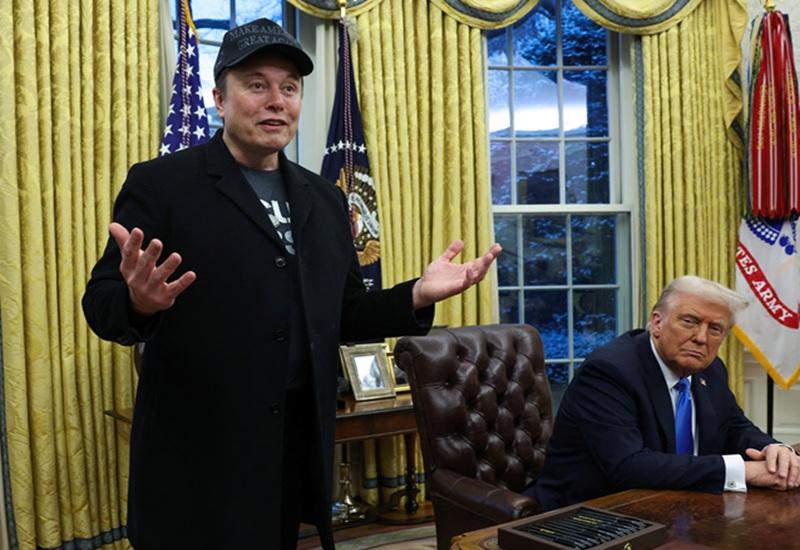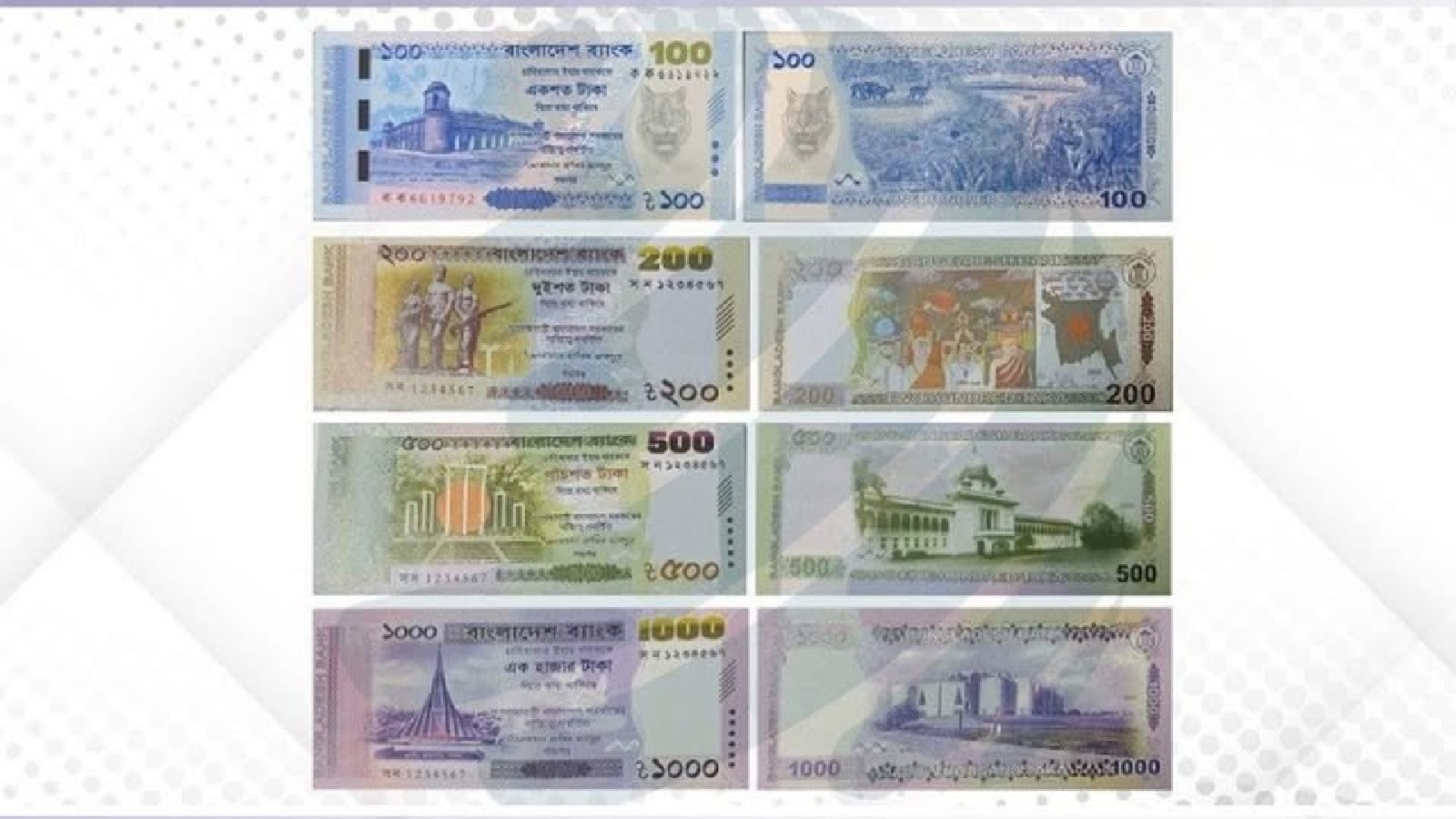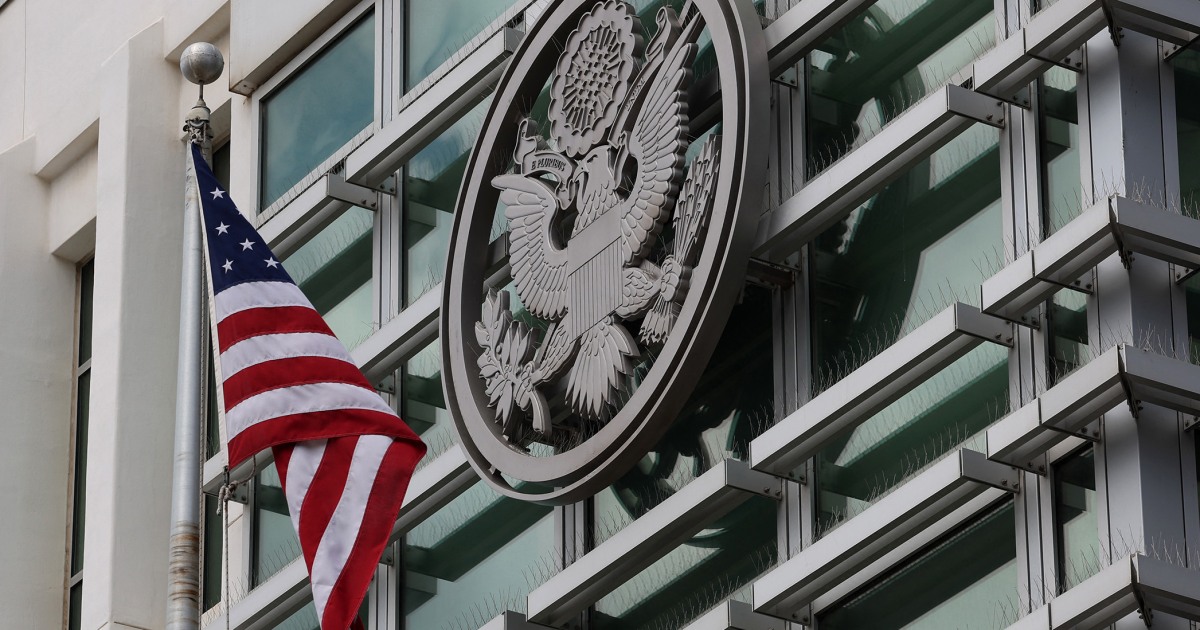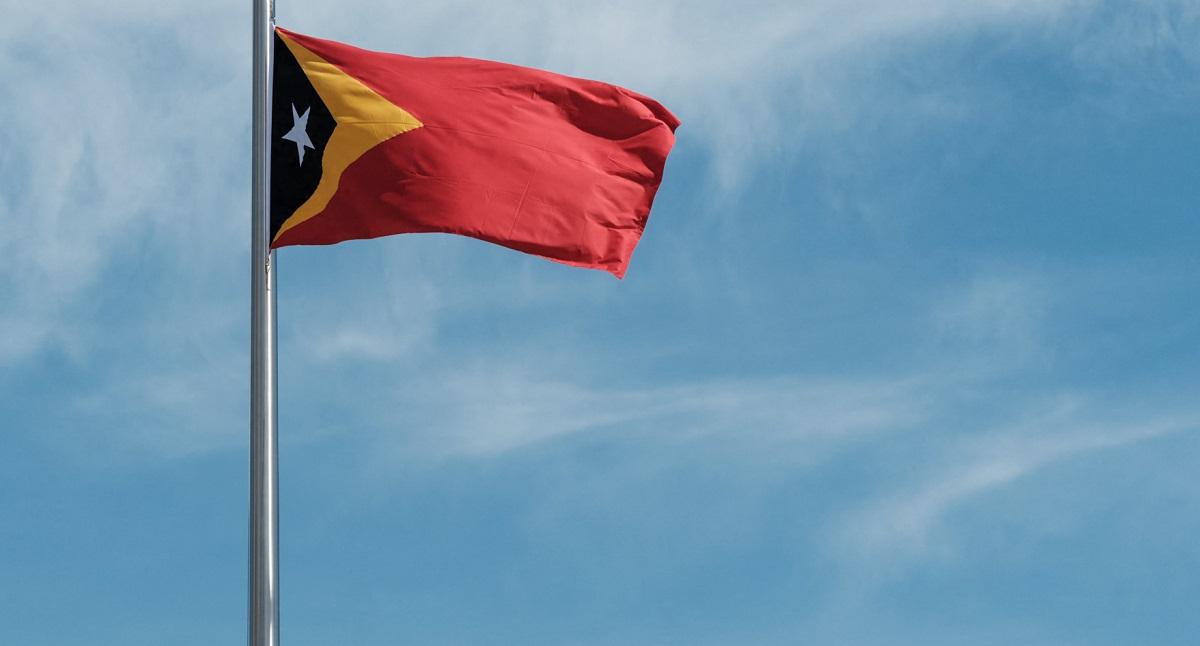Pakistan Proposes Zero-Tariff Trade Agreement with the U.S. Amidst Ongoing India-U.S. Negotiations

In a bold diplomatic maneuver, Pakistan has proposed a zero-tariff bilateral trade agreement with the United States. This initiative, reported by PTI and quoted by Geo News, comes at a crucial juncture when India and the U.S. are actively working towards finalizing their own trade deal. President Donald Trump recently indicated that India has made an offer of 'zero tariffs' as part of the negotiations with the U.S., which heightens the significance of Pakistan's proposal.
A senior official from Pakistan disclosed that the country is willing to enter into a bilateral agreement featuring zero tariffs on selected tariff lines that align with mutual interests. This initiative aims to enhance bilateral trade across multiple sectors, signaling Pakistan's keen interest in fostering closer economic ties with the U.S. amidst shifting geopolitical dynamics.
The backdrop to Pakistan's proposal includes Trump's recent assertions about his potential role in mediating a 'ceasefire' between Pakistan and India. During discussions, Trump praised the leadership of both nations and expressed his desire to deepen trade relations with each country. This adds another layer of complexity to the ongoing trade conversations, emphasizing the interconnected nature of trade and diplomatic relations in South Asia.
Earlier this year, specifically on April 2, Trump enacted comprehensive reciprocal tariffs affecting various countries, including India and China. However, on April 9, he announced a 90-day suspension of these tariffs, lasting until July 9, 2024. Notably, this suspension excludes China and Hong Kong, as approximately 75 nations have been in pursuit of trade agreements with the U.S., reflecting the global race for favorable trade conditions.
In a related development, Trump confirmed on Thursday that India has proposed an arrangement aimed at eliminating all import duties on American goods. This proposal represents a significant shift in India's trade policy, allowing U.S. products to enter the Indian market without incurring any import taxes. During a meeting with business executives in Doha, Trump remarked, 'It is very hard to sell in India, and they are offering us a deal where basically they are willing to literally charge us no tariffs.' This statement underscores the challenges American companies face in the Indian market and highlights India's willingness to create a more favorable trading environment.
The United States remains India's largest trading partner, with bilateral trade reaching approximately $129 billion in 2024. Currently, India enjoys a substantial trade surplus of $45.7 billion in its exchanges with the U.S., positioning it as a key player in the global trade landscape. As these negotiations unfold, the implications for both countries could be significant, potentially reshaping the nature of trade in the region.
Moreover, the stakes rise as Trump has recently warned major corporations, including Apple, regarding their operations in India under the 'Make in India' initiative. This could further influence how companies strategize their investments and operations in the region, particularly in light of the changing trade dynamics between these major economies.


























